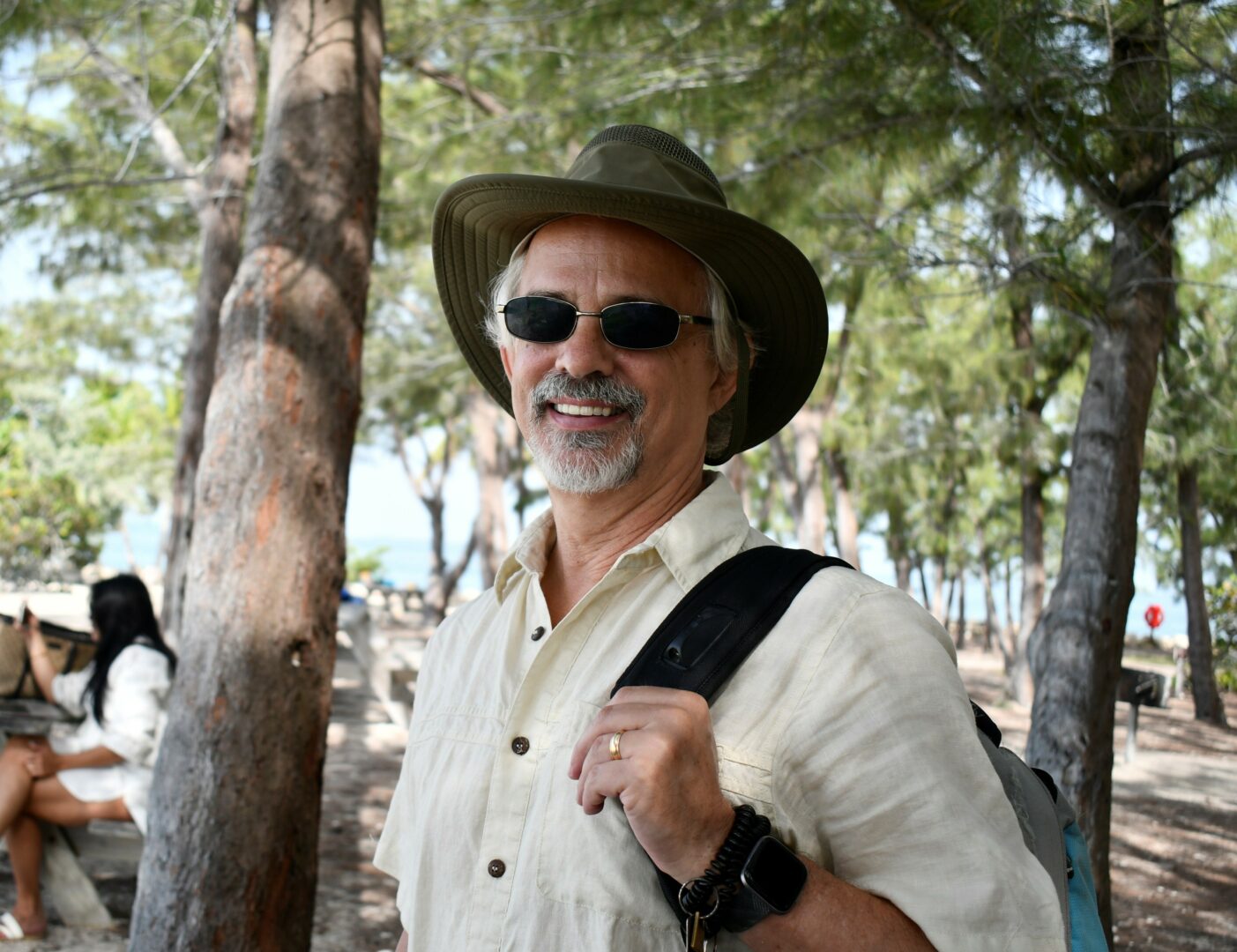We caught up with the brilliant and insightful Ross Hightower a few weeks ago and have shared our conversation below.
Hi Ross, appreciate you sitting with us today to share your wisdom with our readers. So, let’s start with resilience – where do you get your resilience from?
I come from a family with deep mental health struggles. I was lucky in the sense I was the youngest child and a boy, which allowed me to escape a lot of the turmoil. But I didn’t emerge into adulthood unscathed. I inherited my father’s tendency to despondency, melancholy and low self-esteem.
When I was young, I thought of those negative thoughts as a personal failing. If I could just change my attitude, be happy, I would be a better person. Of course, it’s not that simple and every time I sank, it just confirmed I was a weak person.
Fortunately, my parents, despite their struggles, were wonderful people, who instilled in me a deep sense of responsibility and a deep well of empathy. It was when I saw what my depression did to my children and my partner that began to learn how to live with the brain I was born with.
That I’ve found an equilibrium in my life I owe to a few things. From Buddhist philosophy I learned to examine the workings of my brain objectively and to have as much compassion for myself as I do for others.
I came to writing late in life, but it has become my refuge. A source of joy and self-affirmation every day. I pour my emotions into my characters and watch them work through problems that would have crushed me at one point in my life. It’s hard to explain to someone who hasn’t written, but it’s therapeutic.
But the greatest positive impact on my mental health has been my partner, Deb. Not only is she a buoyant spirit, but seeing her happy is my greatest source of joy.
Resiliency is not about never having negative thoughts. It’s about recognizing those thoughts for what they are. It’s about having compassion for yourself and for those you love. It’s about acceptance.
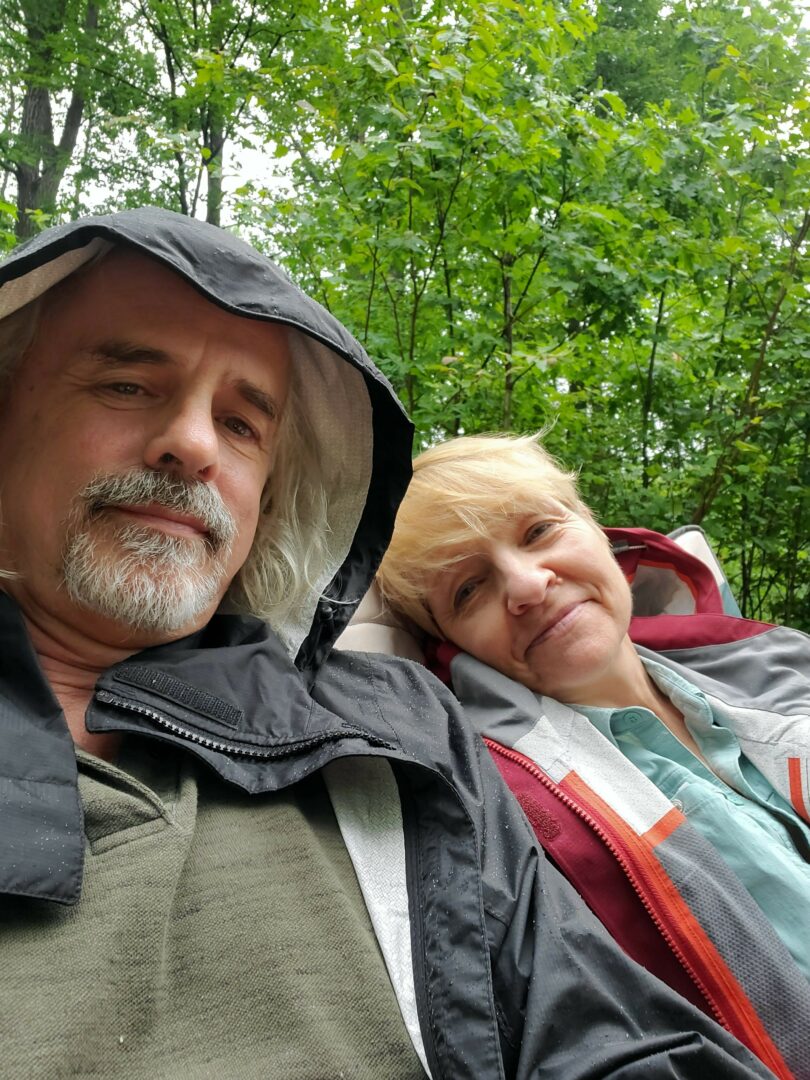
Appreciate the insights and wisdom. Before we dig deeper and ask you about the skills that matter and more, maybe you can tell our readers about yourself?
I was a professor of information technology for over 30 years. I have an engineer’s mind and loved the technical challenges and teaching others to love them. I’m retired now, but I’ve never been happier.
Five years ago, I woke up one morning with a story idea in my mind. To this day, I couldn’t tell you why I ended up in a coffee shop that cold, snowy morning writing. I had never written fiction before. I didn’t think I had the facility with words to be a writer. But I knew when I left after three hours, I was going to be a writer.
It’s a curious thing, writing. On that day, all I had was a simple idea and two characters and I let them tell the story. That might sound odd, but if you have an idea who the characters are — their motivations, backgrounds, personalities — it often feels like you’re channeling the story rather than creating it. I suppose, in a sense, you’re exposing unexamined parts of your own mind.
Five years later, I almost never go a day without writing. I have six published novels (some of them coauthored with my partner, Deb), another coming in July 2026 and many in the works. I tell people I finally found a career I truly love, despite the fact it pays almost nothing.
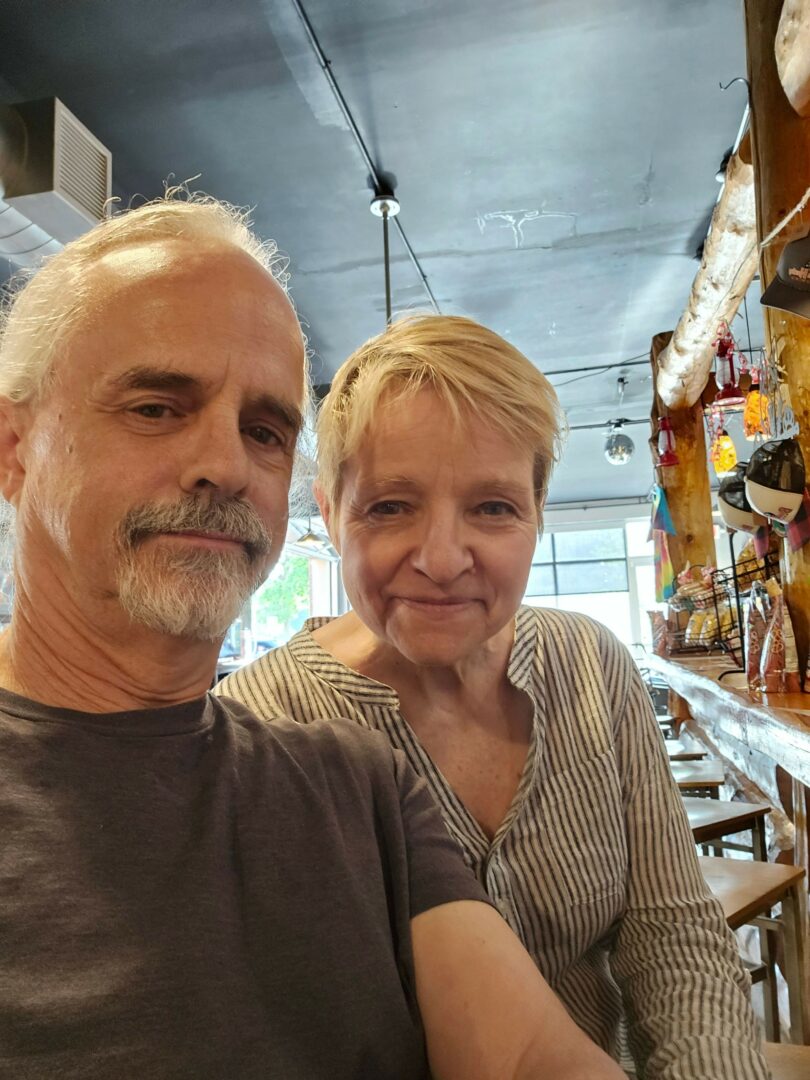
There is so much advice out there about all the different skills and qualities folks need to develop in order to succeed in today’s highly competitive environment and often it can feel overwhelming. So, if we had to break it down to just the three that matter most, which three skills or qualities would you focus on?
It’s hard to pinpoint specific skills or areas of knowledge because everyone’s journey is different. But there is one trait that is beneficial in every aspect of your life: curiosity.
You never know what knowledge or skills will be useful, so you should take advantage of every opportunity to learn. When I heard my students asking why they had to learn something, I told them you learn at the boundary of what you know. Learning new things is easier the more you already know. Learning is a skill that can be honed.
When I was fifteen and a confirmed introvert, I worried about how to talk to girls. My father gave me the best piece of advice he ever gave me; be curious about them. Don’t pretend to want to know about them. Just be curious. Let them tell you about themselves. That advice has helped me in almost every social interaction in my life.
So, be curious. Get out of your own head and pay attention to the world around you. You might notice wonders you might have missed.
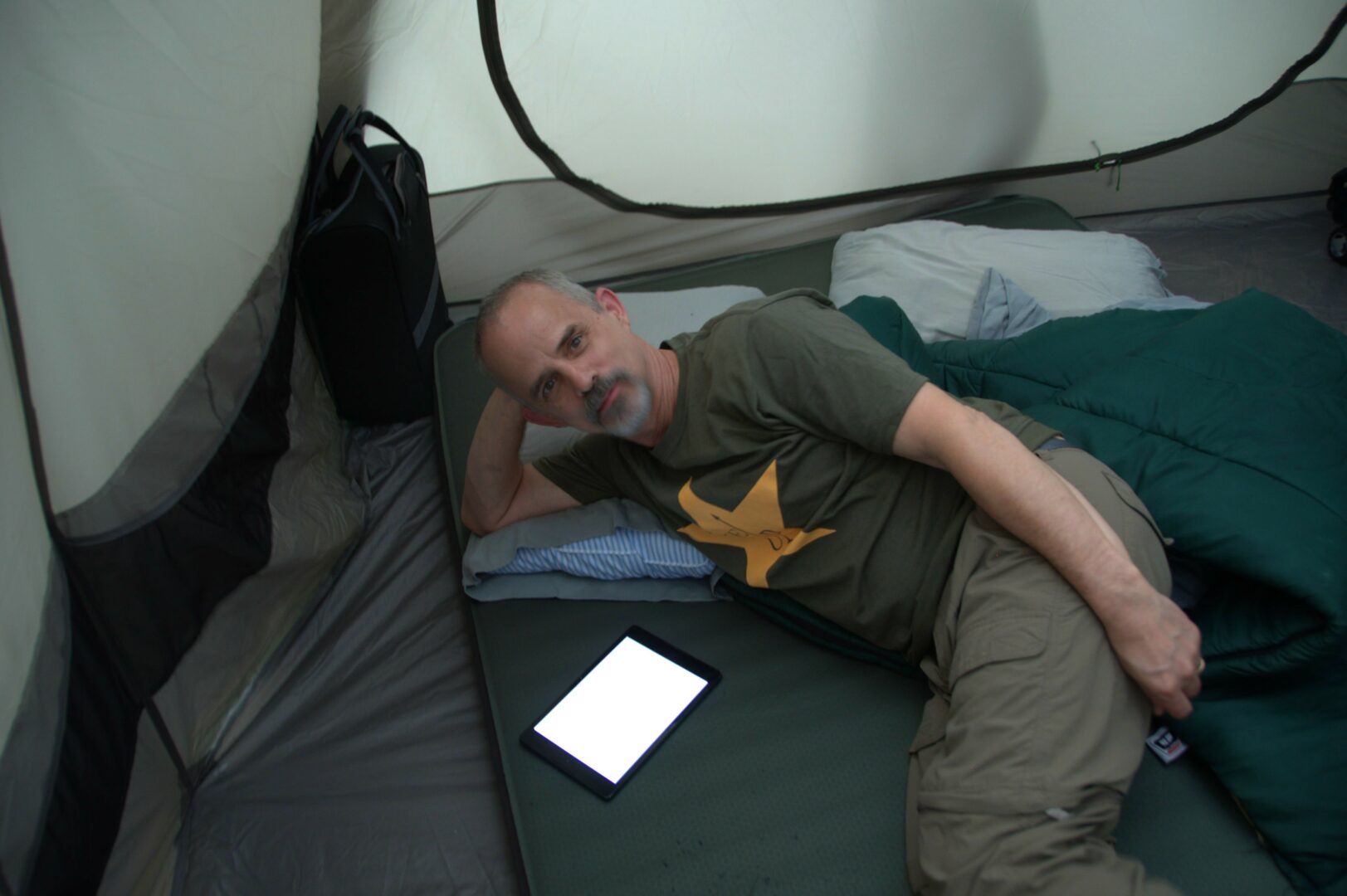
Thanks so much for sharing all these insights with us today. Before we go, is there a book that’s played in important role in your development?
There are so many I could name. My first efforts at writing were pretty awful. Fortunately, when I let my partner read something, she was very kind. Still, I could read her controlled expression.
So, I vowed to get better.
As an academic, I have a tendency to cast a wide net for information when I want to learn or have a problem to solve. I read many books, but I was lucky enough that one of the first ones I read was “On Writing” by Stephen King. It has a lot of practical advice on writing that was useful, but the one nugget that made a huge difference was a general statement on writing. He wrote that if you weren’t a great writer, you would probably never be great — bummer — but if you’re an okay writer, you can become a very good writer. It was like a gong went off in my mind. He said writing is a craft, and you can improve through hard work, a willingness to listen to feedback and reading as much as you can. It was exactly what I needed to at that point.
Contact Info:
- Website: http://rosshightower.com
- Instagram: rosshightower
- Facebook: ross.hightower.9
- Youtube: @QuizzicalSpirit
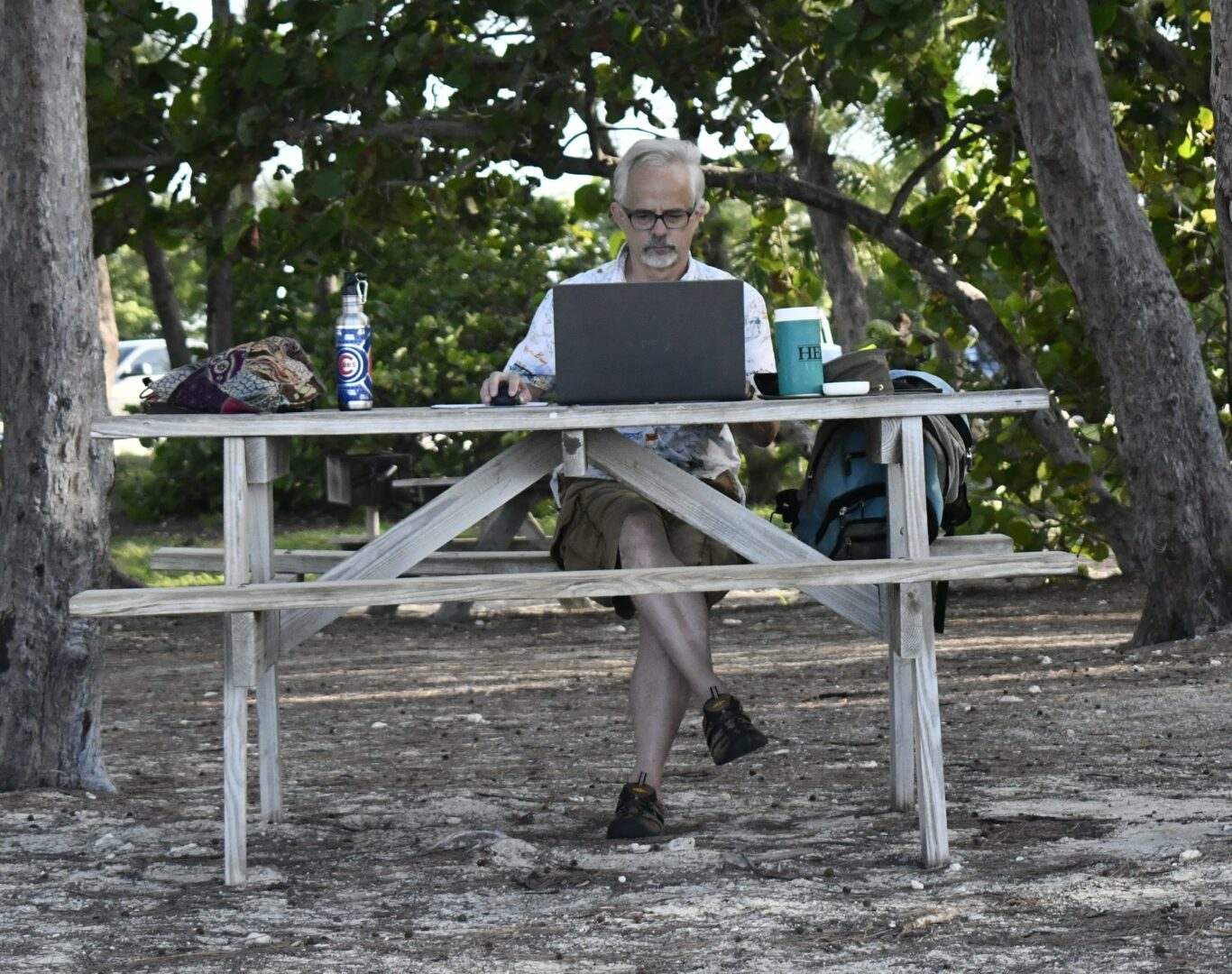
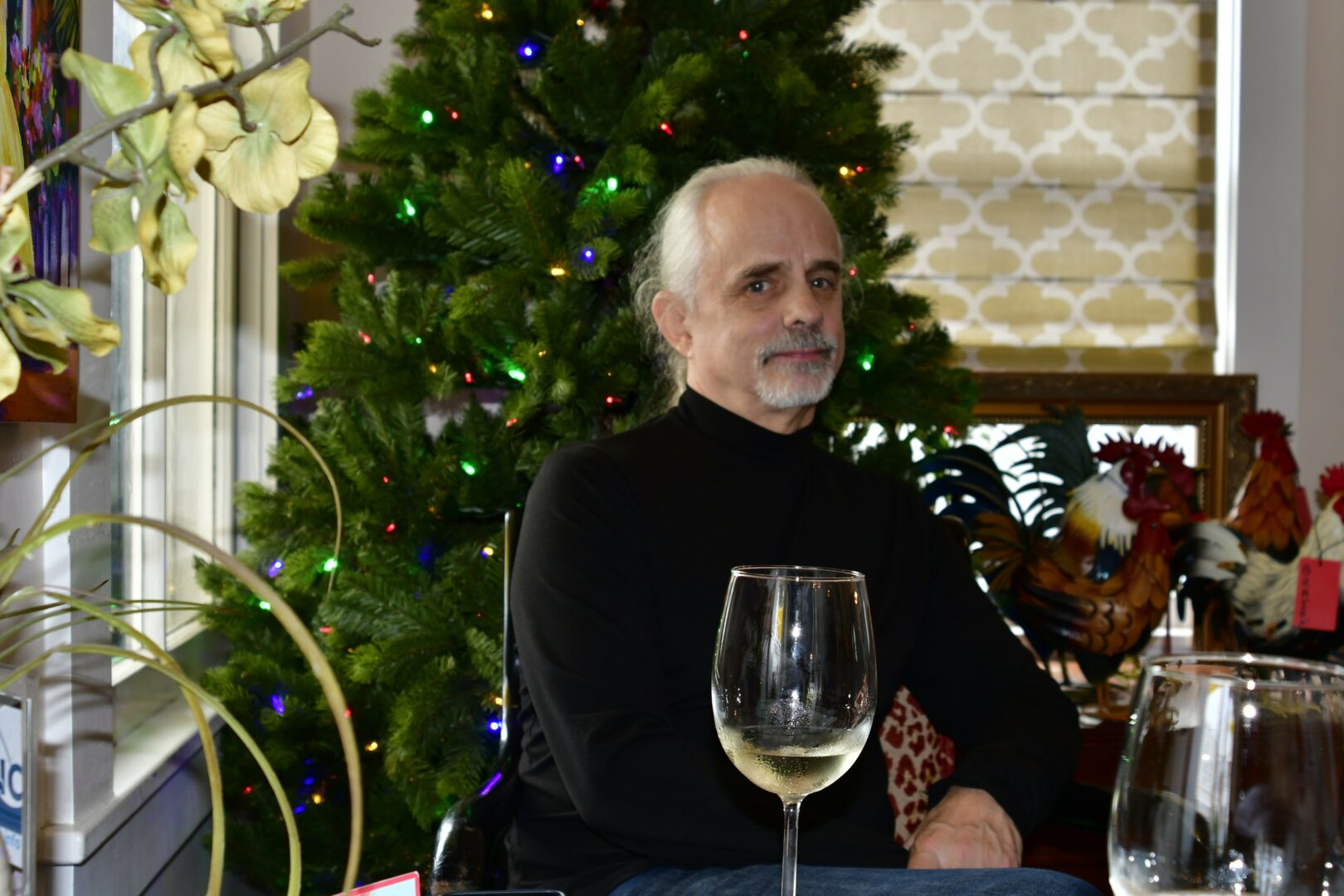
so if you or someone you know deserves recognition please let us know here.

